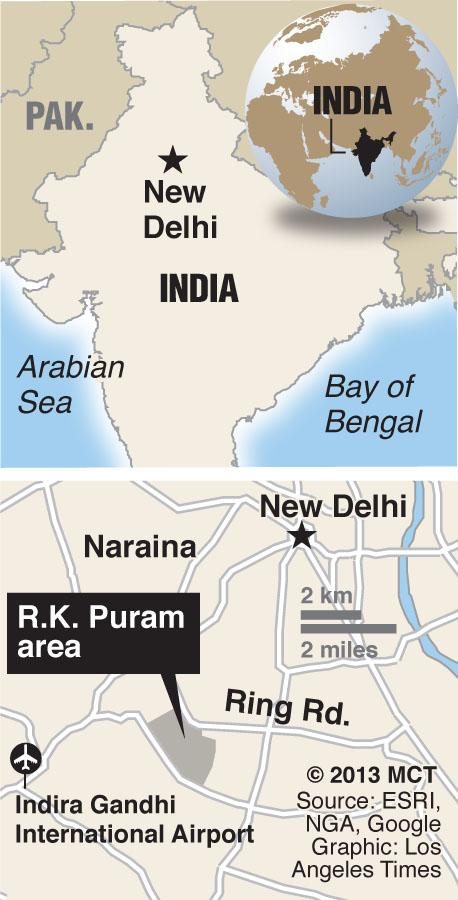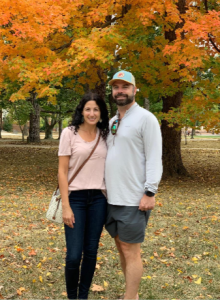Rape documentary stirs up controversy
Interview with rapist exposes old mentalities toward women
The infamous rape case of 2012 took place at a major intersection in Delhi on a moving bus. The documentary, made with the full cooperation of Jyoti’s parents, was aired on YouTube. Since then, the Indian government has banned the film and asked YouTube to take it down.
March 13, 2015
The BBC documentary “India’s Daughter” has recently been banned from airing by India’s Ministry of Information and Broadcasting.
India’s home minister Rajnath Singh said in a statement that the government would “not allow any organization to leverage such an incident and use it for commercial purpose.”
The documentary, made by Leslee Udwin, has come under the scrutiny of the government, due to a feature interview with one of the men involved with the attack.
The documentary retells the horrific 2012 gang rape in Delhi, India. The victim was Jyoti Singh, a 23- year old medical student. Six men had abused her, one being only 17 years old.
After the attack, she was thrown out onto the street, along with her intestines, which the attackers had withdrawn from her body. She suffered from severe injuries, and died 13 days later.
Mass protests followed this incident, reevaluating India’s treatment of women. Events like these are known to be common in Delhi. Statistics show that in India, a woman is raped every 20 minutes. Marital rape is still legal in India.
The documentary features one of the perpetrators of the crime: Mukesh Singh, who currently is on death row for his crime. The interview took place in his jail cell, and even while he faces death for brutally raping a young woman, he lays the blame on the victim.
“A decent girl won’t roam around at 9 o’clock at night. A girl is far more responsible for rape than a boy. Boy and girl are not equal, “ He said in the interview.
“Housework and housekeeping is for girls, not roaming in discos and bars at night doing wrong things, wearing wrong clothes. About 20 percent of the girls are good.”
This mentality is partly to do with gender inequality, and viewing women as the “weaker sex.” In some areas, female infanticide is still a common practice.
Singh showed no remorse for his actions.
“The death penalty will make things even more dangerous for girls. Now when they rape, they won’t leave the girl like we did,” Singh said in his interview.
“They will kill her. Before, they would rape and say, ‘Leave her, she won’t tell anyone.’ Now when they rape, especially the criminal types, they will just kill the girl. Death.”
The two lawyers who defended the attackers also showed this type of mentality.
In a televised interview with A.P. Singh, one of the two lawyers, said “If my daughter or sister engaged in pre-marital activities and disgraced herself and allowed herself to lose face and character by doing such things, I would most certainly take this sort of sister or daughter to my farmhouse, and in front of my entire family, I would put petrol on her and set her alight.”
The public is outraged that in a documentary bringing awareness to the mistreatment of women in India also gives a rapist on death row a platform in which he remorselessly justifies his actions, and promotes oppressive concepts for women.
Although the Indian government believes the documentary “appear[s] to encourage and incite violence against women,” the mass protests that followed the incident shed a much- needed spotlight on rape culture in India.
The public protests against the rapists show a changing viewpoint on women. One that is moving away from the archaic ideas that portray women as the subservient gender and preconceived ideas about gender.







